Ahead of our Virtual Crowd Summit on Crowdfunding on June 11, this is an overview of the impact of the pandemic lockdowns, working from home and social distancing on crowdfunding activity in the UK in 2020 during Covid-19. For generic background, a report from the research company Beauhurst on the overall impact of Covid-19 on business shows that:
The most significantly affected sectors are those that rely on customer footfall such as leisure, entertainment and retail.
Seed stage companies are the least likely to be negatively affected by coronavirus, whilst later stage businesses are most at risk.
Tech driven sectors that enable remote working, such as VoIP, EdTech, eHealth and Digital security, have the highest proportion of positively impacted businesses.
Let’s take a look at the impact by type of crowdfunding.
Reward-based and Donations Crowdfunding
In addition to many projects to support frontline workers (which we have previously covered), these types of crowdfunding platforms are inundated with appeals from small businesses for funds to keep them from financial collapse. As Beauhurst’s data identified, the sectors most highly impacted, and likely to turn to crowdfunding during Covid restrictions, included art galleries and museums, performance arts venues and festivals, sports clubs and facilities, pubs, clubs and restaurants – and thus their suppliers as well.
A few projects are offering rewards to their supporters, along the lines of “support us with £50 cash and you can have £75 of credit when we open.” Others are offering rewards of no intrinsic monetary value, such as priority listing for delivery services, or names recorded in a “Roll of Honour.” Most are simply relying on the generosity of regular customers – “if you like us then we need your support, or you’ll find we’re not here when the lockdown is lifted.”
Some of the London-based projects that used crowdfunding during Covid were supported by the Mayor of London. Under a ‘Pay It Forward’ scheme, the mayor’s office pays the fees that would be normally charged by the Crowdfunder platform to host the projects.
Equity crowdfunding
According to UK market leader Crowdcube, although investment activity on their platform in May was double March’s figure, at £15.2m it remained 10% lower than in May 2019.
The undoubted highlight for them was Freetrade, which raised £7m from over 8,500 backers in just five days. It is a challenger stockbroker app that allows people to buy stocks like Amazon, Greggs, Tesla, Fevertree, and Apple and can use an ISA (Individual Savings Account, with tax benefits) to invest up to £20,000 of investments per year.
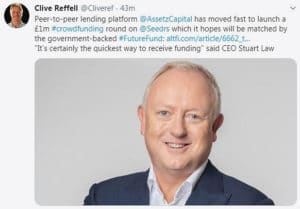 Its main rival Seedrs was able to announce that the government’s Future Fund scheme (created to help businesses affected by the coronavirus pandemic) will match up to 100% of the amount a business raises from investors, thereby doubling the amount of funding received by the business. The match funding is through a convertible loan, up to a maximum of £5m and equal to the amount raised from private investors. Some businesses have moved fast to take advantage of this.
Its main rival Seedrs was able to announce that the government’s Future Fund scheme (created to help businesses affected by the coronavirus pandemic) will match up to 100% of the amount a business raises from investors, thereby doubling the amount of funding received by the business. The match funding is through a convertible loan, up to a maximum of £5m and equal to the amount raised from private investors. Some businesses have moved fast to take advantage of this.
Other investment opportunities that caught my eye in May included Drone Ag, an agritech startup that provides farmers with a drone service to photograph their land. It checks for diseases and pests and the general condition of crops without needing the time it would take to walk round the fields, and provides images far more detailed than those provided by satellites. Right now they are 190% overfunded with seven days left to run.
Another was Mr Lee’s Pure Food Company, raising funding to scale up sales and marketing of their gluten-free range of premium cup noodles made with quality ingredients and a lower than industry-standard sugar content. The range was developed by a cancer survivor who needed a healthy diet. Their products will help time-poor people eat better. They have also exceeded their target.
A Swedish marine engineering company has produced a range of inboard and outboard electric boat engines that provide silent and sustainable fume-free running for recreational engine-powered boats and sailing craft. Many businesses using crowdfunding are startups, whereas GreenStar Marine International AB has been operating for nearly 20 years.
They will invest the money in extending their product range and increasing sales through a larger dealer network, and plan to launch an Initial Public Offering in 2021. This would enable a much shorter timeframe than normal for investors making an equity crowdfunding investment to realise a return.
Property crowdfunding during Covid
The UK Government had not expected so much of the construction industry would shut down under its social distancing rules. Nevertheless, property developers and construction site employers were keen to support the national effort to fight Covid-19, though also ensure they took positive steps to secure their own and investors’ interests on ongoing projects.
 Many self-employed subcontractors were unable to access any of the Government-backed schemes for financial security and, on balance, felt obliged to continue working through the lockdown period. Though materials have been very difficult to come by due to the nationwide shut down of builders merchants and suppliers. This is now beginning to return to normal and many construction sites are re-opening.
Many self-employed subcontractors were unable to access any of the Government-backed schemes for financial security and, on balance, felt obliged to continue working through the lockdown period. Though materials have been very difficult to come by due to the nationwide shut down of builders merchants and suppliers. This is now beginning to return to normal and many construction sites are re-opening.
Investors in office developments may be disappointed with their eventual returns. There could be a downturn in demand as many companies have finally realised the benefits of staff working remotely from home, and they won’t need as much space.
Penalty clauses for not meeting property project completion dates will be closely studied by everyone involved.

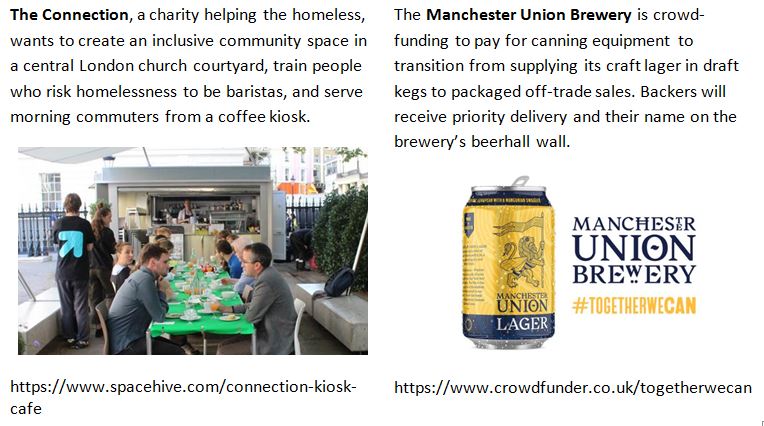
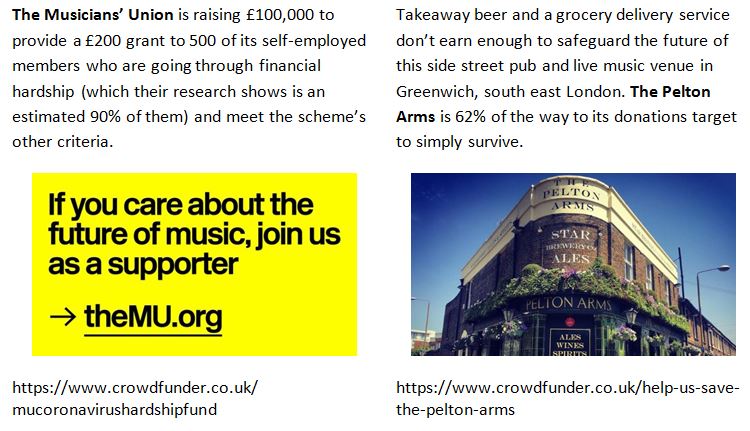
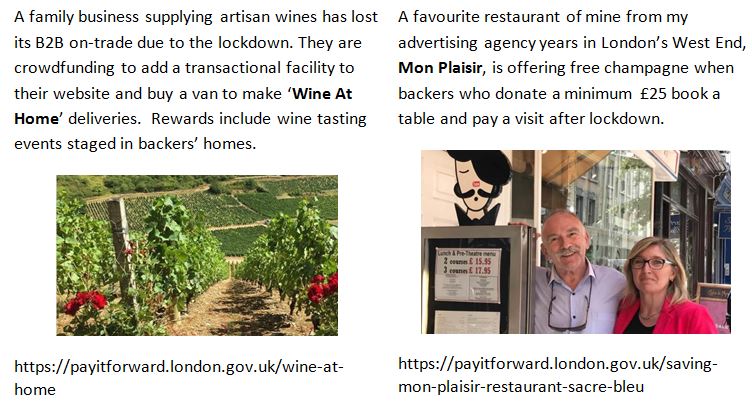
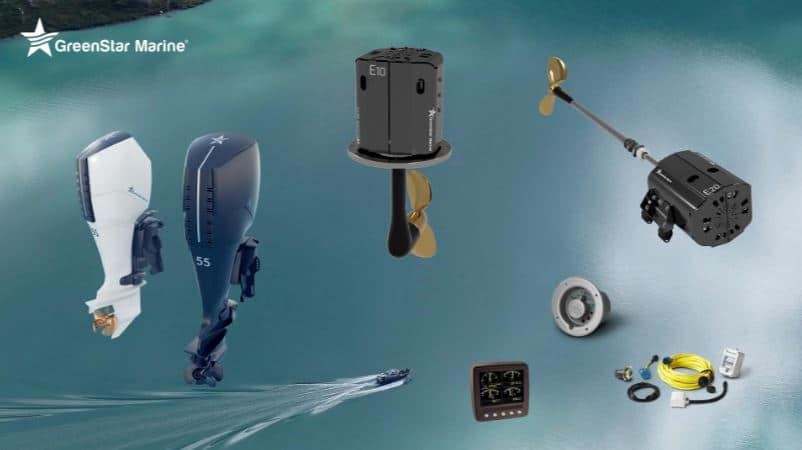
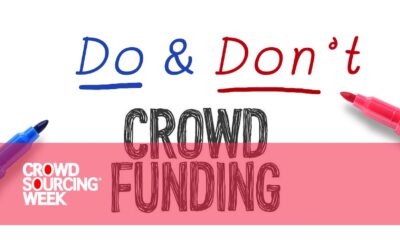


0 Comments